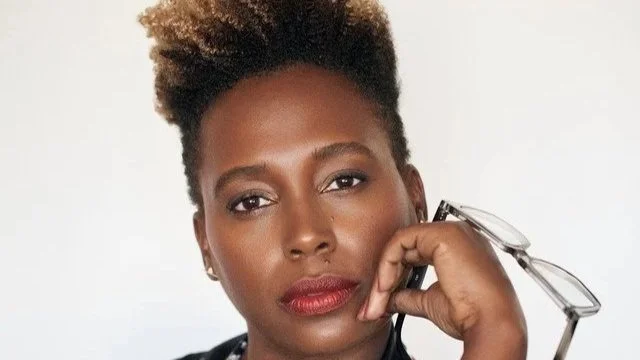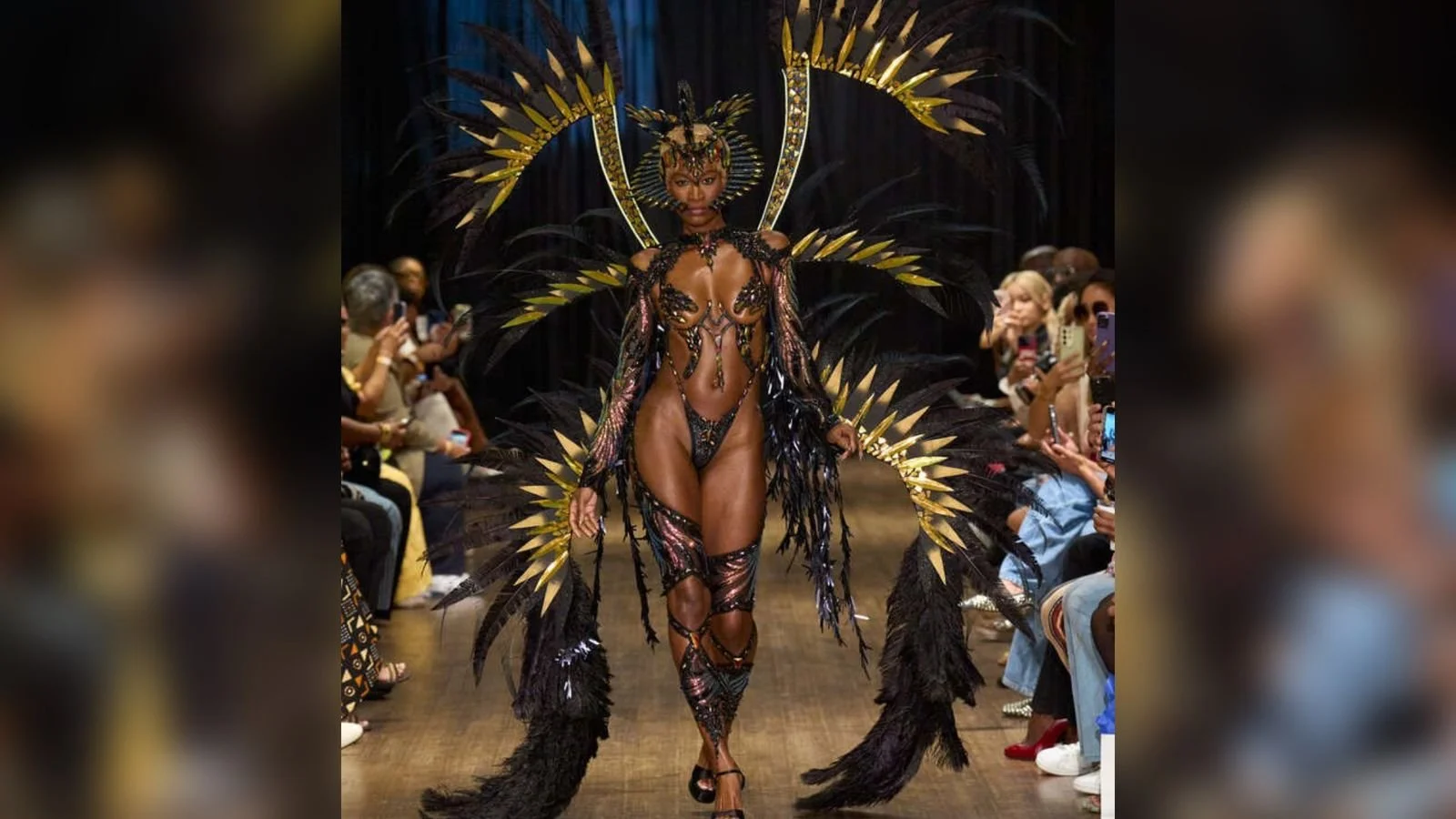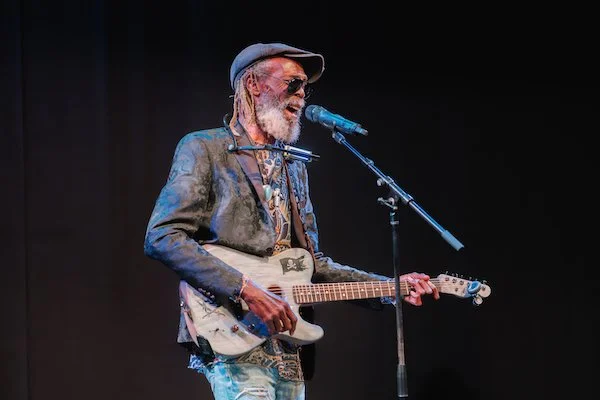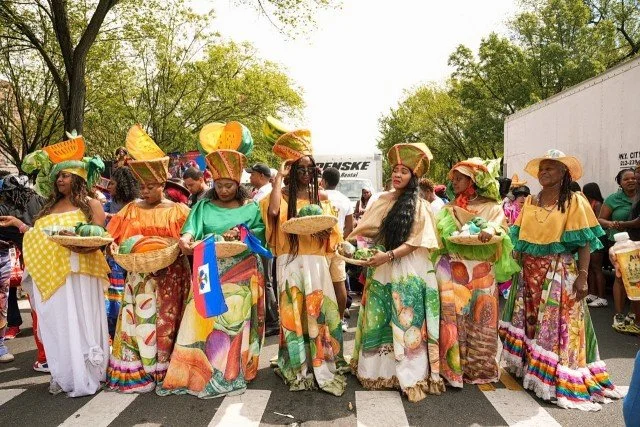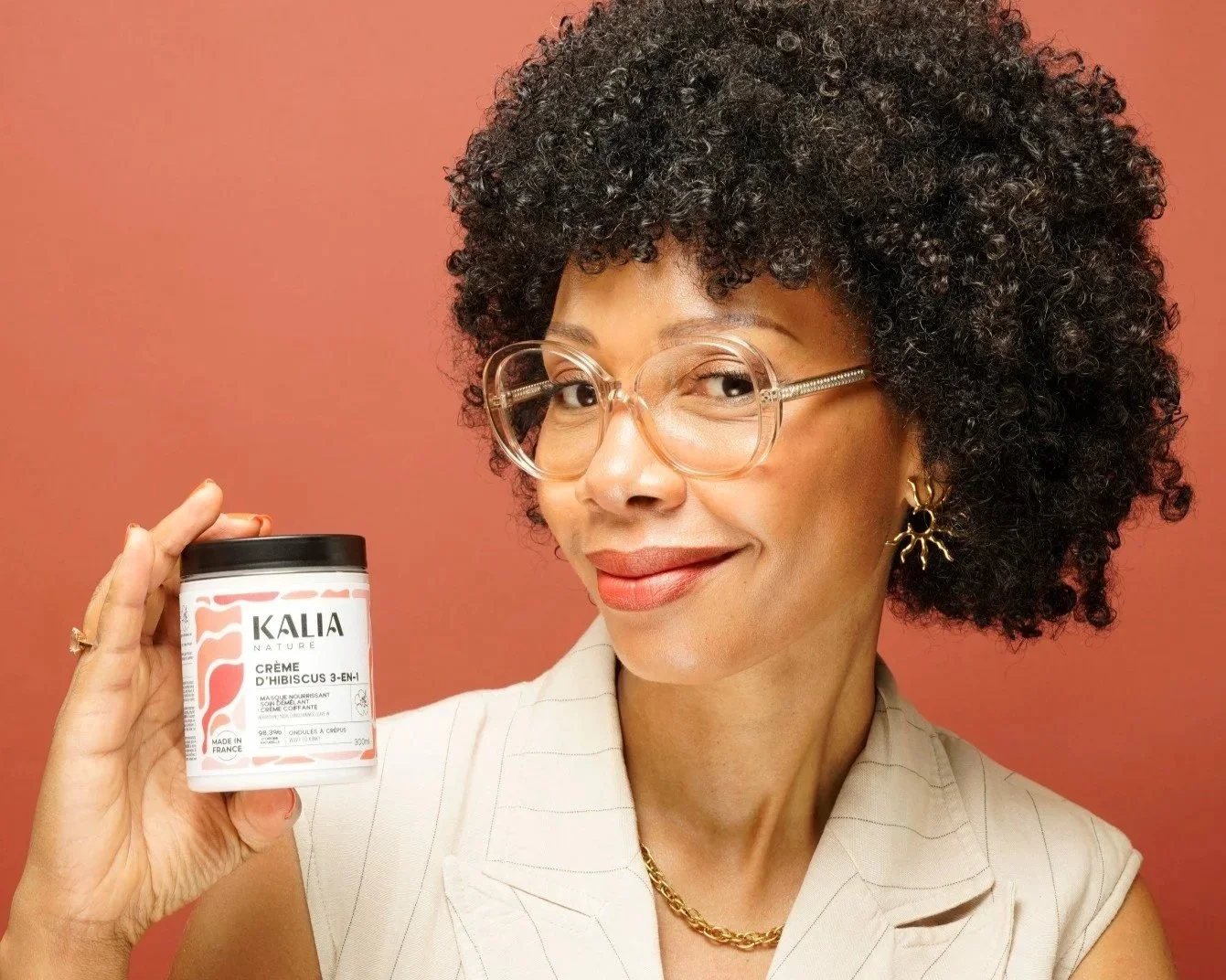Vice President Kamala Harris: West Indian-American or African-American?
copyrighted artwork for Caribbean Collective Magazine by Tiara Jade
written by D’Nisa Joseph
On November 3, 2020, millions of Americans visited their local poll to cast ballots in the 46th presidential election. For days we waited with baited breath for the result of a historical and controversial election.
As a Grenadian-American woman I was proud to hear that Joe Biden and Kamala Harris were announced as president and vice-president elect, respectfully. It was a triumphant moment for many of those that are politically moderate and for me, it added to the list of firsts. Not only did I experience the election of the first president of color, Barack Obama, but am now seeing the first woman of color, Kamala Harris, as vice-president elect.
Harris has been a contentious political figure for some time. Despite the fact that she is a minority herself, there are many in the Black community that feel her record while serving as California’s attorney general from 2010 to 2017 was damaging to communities of color. Despite Harris’ claim, “I was born black and I will die black,” many view her as anti-black.
[Additional Read: What Joe Biden’s Win Means to the Caribbean Community]
Popular websites and news outlets like Afropunk, the Miami Herald, and the LA Times, to name a few, have highlighted her problematic criminal justice record which included criminalizing truancy, supposedly supporting prison labor (though she has disputed though) and her support of California’s 3-strike laws amongst other topics of concern. Media outlets also chose to highlight her presumed anti-blackness in relation to her Caucasian spouse and Jamaican-South Asian heritage.
In doing my own research, I find Harris to be a complicated figure intent on keeping communities safe while trying to help those who had redeemable qualities. Her “Back on Track” program, for example, provided wrap around services for convicted felons to better themselves with the end result being expungement of criminal records.
To juxtapose the visceral surrounding Harris’ scrutinized blackness, with articles about her being the first African-American vice president-elect was mind-numbing to me as a West Indian-American womxn. To be clear, I have no personal qualms with Black people as a monolith celebrating Kamala’s election. African-Americans are some of the most amazing people on earth for the endurance, fortitude, strength, resilience, and creativity they have achieved despite centuries of ethnic crimes.
However, one does not get to wear the label “African- American” without being descended from part of actual American history. Simply put, all black people in America are not African-American. While we all share the experience of being black in America, the term African-American connotes a genealogical and diasporic history specific to that ethnicity and nationality.
Harris’ father, Donald J. Harris, is a Jamaican emigrant to the United States. His family legacy does not include the Jim Crow south, Reconstruction, or any of the legacy that African-Americans can lay claim to. As a West Indian-American it is inaccurate to assert that by the strength of Donald J Harris being black and Kamala being born in America, that she is now magically “African American.” All of a sudden her ancestors were attending concerts on the Chitlin’ Circuit because she was born in the United States (stated sarcastically)?!
I want to bring attention, specifically, to the fact that by claiming that she is African American in light of the election results continues the erasure of diverse black ethnicities that reside in the United States.
During a Hot 97.1 radio interview with New York’s popular the Breakfast Show , Kamala Harris aptly responded to questions about her blackness saying
“I think they don't understand who black people are …because if you do, if you walked on Hampton’s campus, or Howard’s campus, or Morehouse or Spelman or Fisk, you would have a much better appreciation for the diaspora, for the diversity, for the beauty in the diversity of who we are as black people."
She lauds the diversity of the black experience in this statement and has never shied away from her cultural background. It is only right that her heritage remains factual.
Caribbean people have stood in the shadows of movements in the U.S. helping and building along with our African-American brethren. Hip Hop, for example, while started in the U.S. had plenty of Caribbean roots with some of the biggest names coming from Caribbean households. Whether we are new emigrants or three generations deep, Caribbean heritage does not cease to exist and it shouldn’t have to be sacrificed at the altar of progress.
Many of the famous African-Americans that we know have sugar cane in their veins but their Caribbean heritage is consistently dismissed or overlooked. Eric Holder, former U.S attorney general has a Barbadian father; Colin Powell, former U.S secretary of state comes from a Jamaican household. Malcolm X’s mother Louise Little was a Grenadian-American activist. To add to the list, black pop culture icons such as Cicely Tyson, Derek Luke, Biggie Smalls, and Nia Long are all Caribbean-American.
West Indians are here and we have been here. Our children have helped and are continuing to help sow the seams of progress into the fabric of the U.S. With the election of Kamala Harris, it is time society does right by us and not just acknowledge our blackness, but acknowledge who we are ethnically. See Caribbean people in our entirety whether we are black, white, Indigenous, South Asian or mixed. There is so much nuance to being black in America. Let January 20, 2021 be the dawn of a new era.
photo source Shutterstock
*The opinions expressed by the writers in op-ed pieces and those providing comments are theirs alone and do not necessarily reflect the opinions of Caribbean Collective Magazine. This includes its employees, directors, writers, and contributors. Caribbean Collective Magazine is not responsible for the accuracy of any of the information supplied by the contributors. It is not the intention of Caribbean Collective Magazine to malign any ethnic group, religion, organization, company, or individual. If you have a complaint about this content, please email us at info@caribbeancollectivemag.com.




